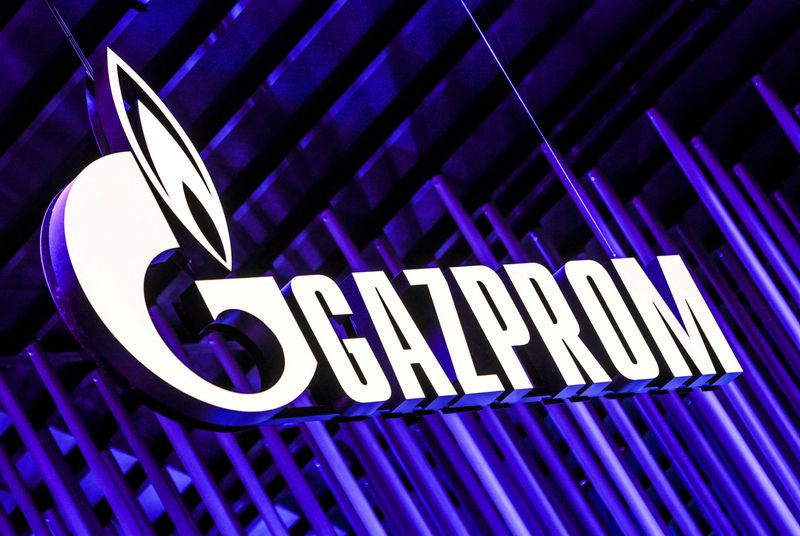
By Libby George, Karin Strohecker and Alexander Marrow
LONDON (Reuters) – Large fund managers expect the bulk of Russia’s assets to remain closed to Western investors, despite a flurry of “exotic” trades betting on a rapprochement between Moscow and Washington.
The diplomatic thaw, ushered in by U.S. President Donald Trump’s perceived openness to Russia’s Vladimir Putin, has prompted bets on Russian-linked financial assets, including the rouble, Kazakhstan’s tenge currency – a rouble proxy – and the bonds of Russian energy companies Gazprom and Lukoil.
But rather than a gold rush back into Russia, which has been isolated from the global financial system since it invaded Ukraine in 2022, veteran players say they expect a longer-term hiving off of key parts of Russia’s economy from foreign investors.
“We see maybe some asset swaps,” said Gunter Deuber, head of research for Austria’s Raiffeisen Bank International – one of the few Western banks still operating in Russia.
“There are still a lot of assets of Russia that are in the West and of the West that are in Russia. And I think having asset swaps is now a rather nice way to de-risk on both sides.”
Last week, Putin issued a decree allowing U.S. hedge fund 683 Capital Partners to buy securities in Russian companies from certain foreign stakeholders. But the order also authorised their future sale to two Russian funds, quashing hopes this indicated an impending reopening.
RUSH TO POSITION
Still, investors said there are increasing queries from brokers dealing in Russia-related assets.
One of the favourites is roubles via non-deliverable forwards (NDFs) – derivatives traded and settled in dollars that shield investors from sanctions complications, although much like the rouble, their value is linked to Russia’s economy.
The rouble is the top performer among emerging currencies this year, having strengthened some 30% against the dollar.
Data from UBS showed hedge funds betting on directional trends held $8.7 billion worth of rouble NDFs in early March, the second-largest long position across major currencies – indicating funds expect the currency to strengthen.
These bets allow traders to cash in if Russia’s markets surge amid a Trump/Putin rapprochement.
“Investors can definitely try to get exposure to some end of sanctions without having some direct Ukrainian or Russian exposure,” said Anton Hauser, senior fund manager with Erste Asset Management, calling the NDF trade “very niche”.
But for now – and for years to come, Hauser expects – Erste is unlikely to get involved, despite holding some sanctions-frozen local Russian currency bonds.
